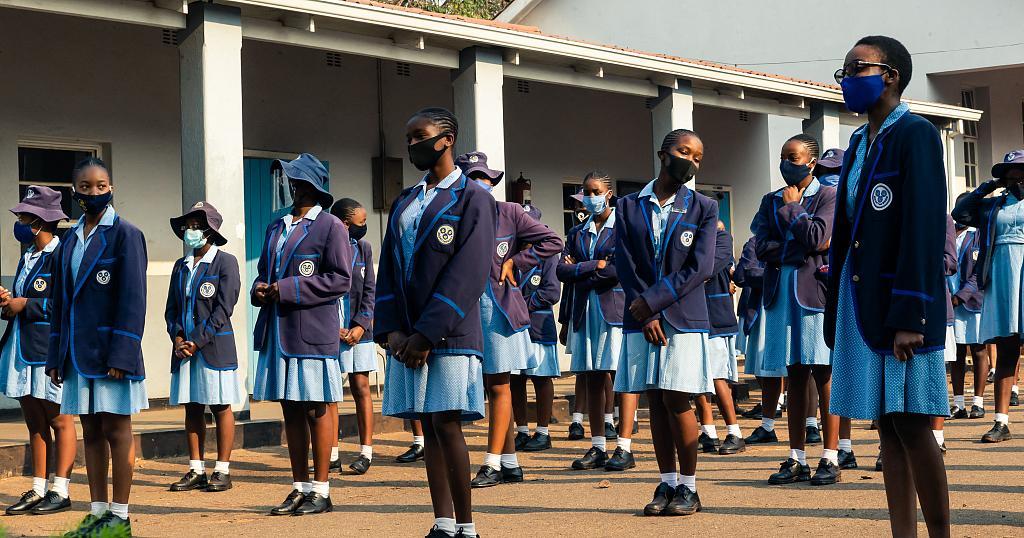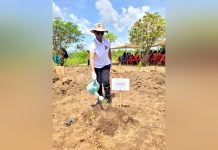Africa-Press – Malawi. Zimbabwe has seen a significant rise in teenage pregnancies since the start of the COVID-19 pandemic with the strict 6-month lockdown that followed.
In a two-room house in Murehwa, in rural Zimbabwe, the day starts early. Virginia a 13-year-old mother lives with her parents in an area about 80 kilometers (50 miles) northeast of Harare the capital.
When her three-month old baby cries, the mother has only little time to soothe the child as she tries to get the house chores done. The daily routine of the former schoolgirl was turned upside down when she discovered she was expecting in January 2021. When her former classmates get to go to school, Virginia can only study on her own and help her younger siblings get ready for class.
She recalls the moment she stopped going to school in March 2021: “My teacher came to my house to ask me and I admitted I was pregnant and not coming back to school, so she removed me from the school register.”
If schools reopened last September in Zimbabwe, at least 5,000 minors school girls who fell pregnant like Virginia did not attend. The figures the Women’s Affairs ministry are believed to be underestimated.
Virginia said she had hoped the older man who impregnated her would marry her. Despite initial promises, he ultimately denied paternity. She and her family did not follow through on a statutory rape case with police, despite Zimbabwean law putting the age of consent at 16. Her mother however went to the police when she found out about the pregnancy, but the man was released on bail due to mishandling of the case.
Building a new future
The government and non-governmental organizations say COVID-19-induced lockdowns, which increased idleness, poverty and shut out many girls from accessing contraceptives, led to a steep increase in unintended pregnancies.
“We have had quite a number of girls who fell pregnant because of the COVID-19-induced lockdowns, Taungana Ndoro, a Communications Director in Primary and Secondary Education Ministry explains. But still because of the policy that we have, this Education Amendment Act, which allows them to come back to school, we have been having community outreach programs throughout the whole nation to encourage these learners to come back to school to continue with their education because it’s not the end of the world.”
Even though a change in policy allowed pregnant teens and moms to go back to school in march 2020, prejudice against them is strong. In a Medecins Sans Frontieres clinic, the NGO provides an alternative. Girls can enroll into programs that equips them with skills.
Grace Mavhezha, a Medecins Sans Frontieres (MSF) Field Communications Manager sees the effect of such programs: “These life skills training is empowering these girls because now they are looking for empowerment capacity building so that they have, they get some money, after they are going to maybe to open some salons for pedicure and manicure or selling the liquid soap that they would have got training from here.”
Developing new skills often helps pregnant girls and moms envision a brighter future for themselves and their babies. If many young girls drop out of school to never return, others like Virginia hopes to go back as possible.
For More News And Analysis About Malawi Follow Africa-Press






